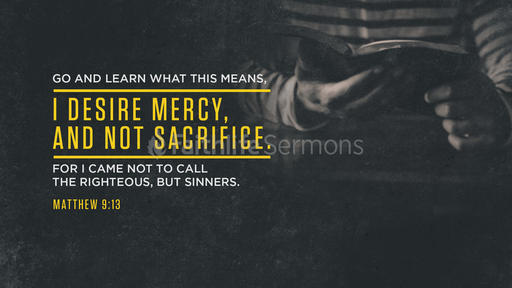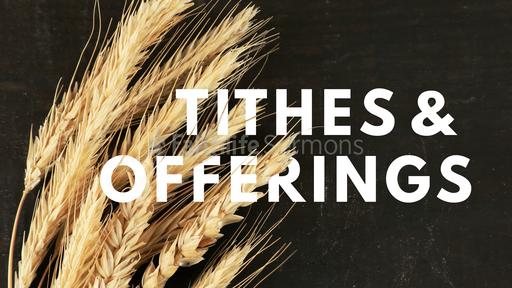Malachi
A Vague-Personal Religion
Introducing Malachi
Heading (1:1)
A. First disputation: Does God make a distinction between the good and the arrogantly wicked? God’s elective love vindicated in his judgment (1:2–5)
B. Second disputation: Israel’s begrudging offerings condemned (1:6–2:9)
C. Third disputation: Marriage to an idolater—and divorce based on aversion—condemned by the Lord, who is witness to the covenant of marriage (2:10–16)
C′. Fourth disputation: The Lord is a witness against adultery and other moral offenses (2:17–3:5)
B′. Fifth disputation: Israel’s begrudging offerings condemned (3:6–12)
A′. Sixth disputation: Does God make a distinction between the good and the arrogantly wicked? God’s elective love vindicated in his judgment (3:13–4:3)
Conclusion (4:4–6)




